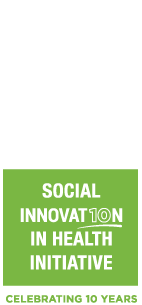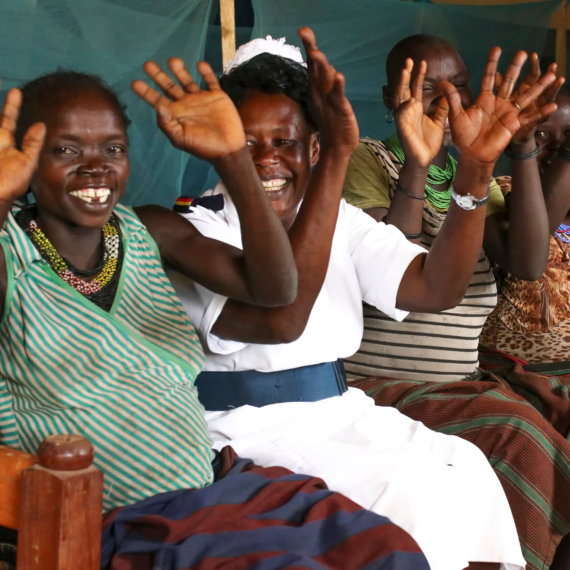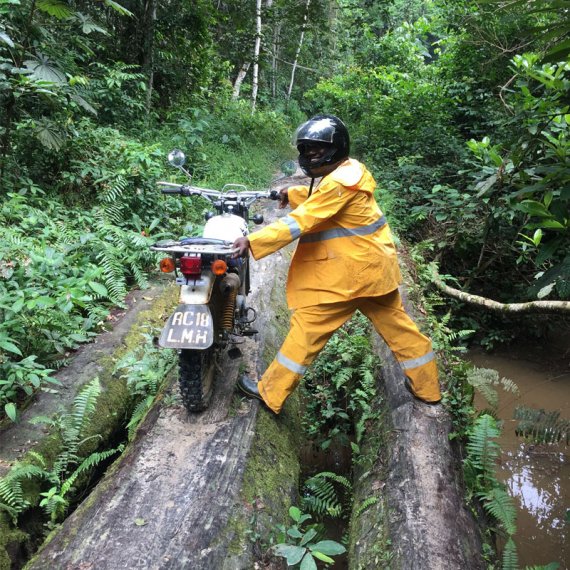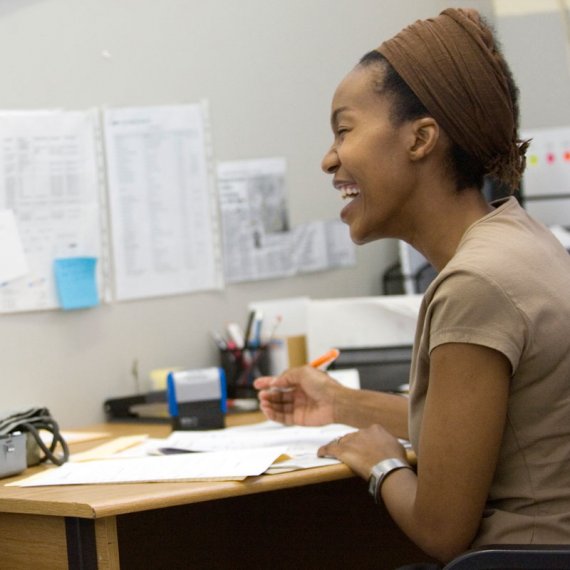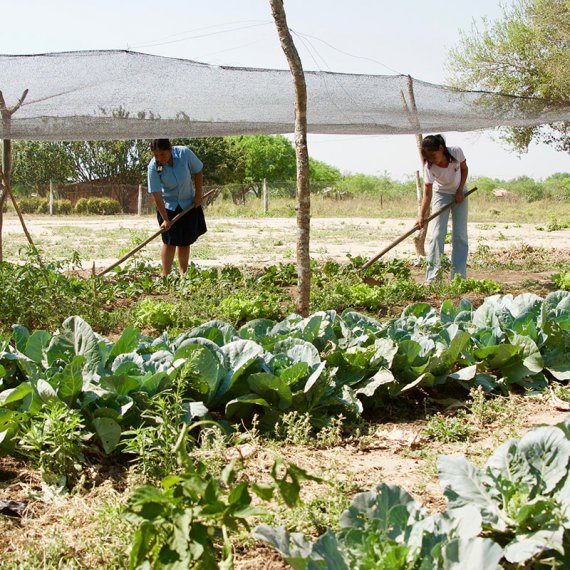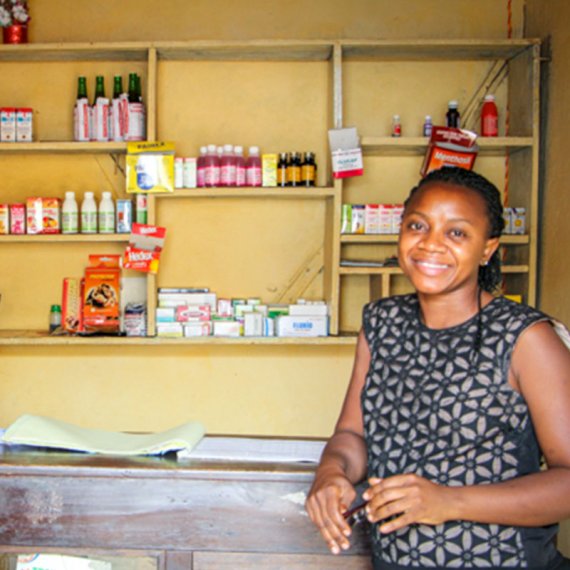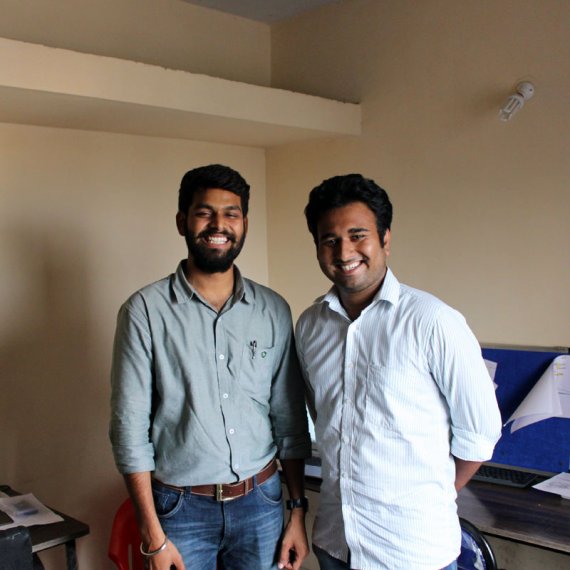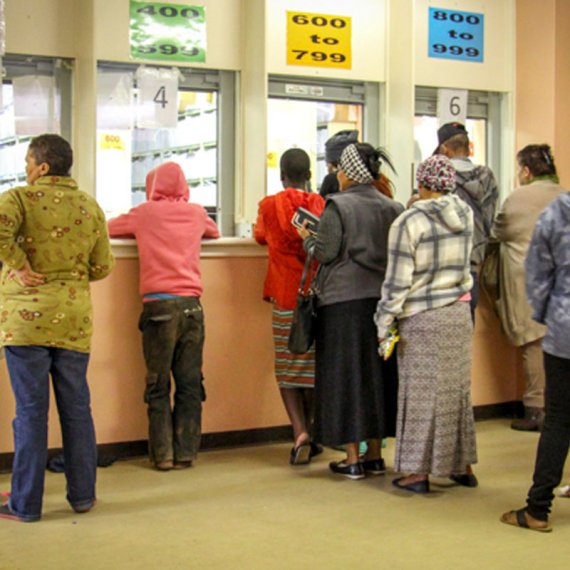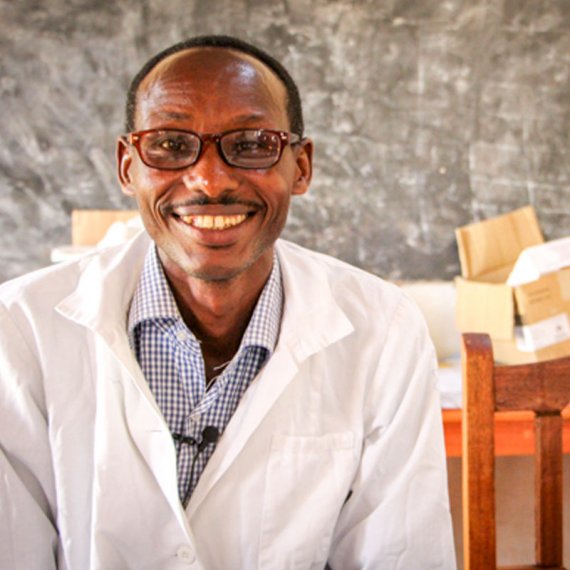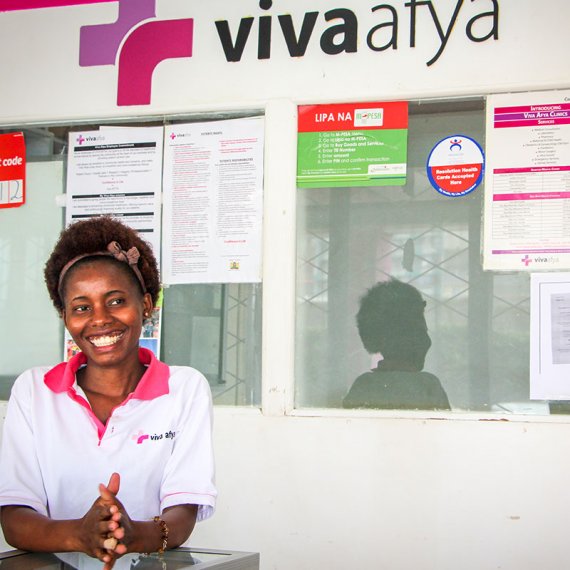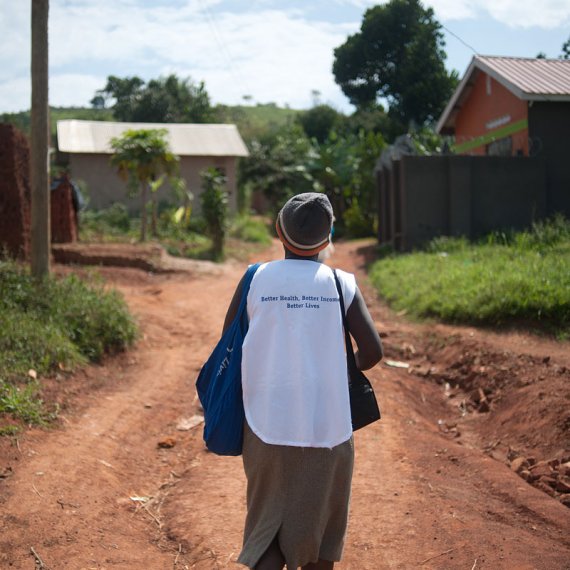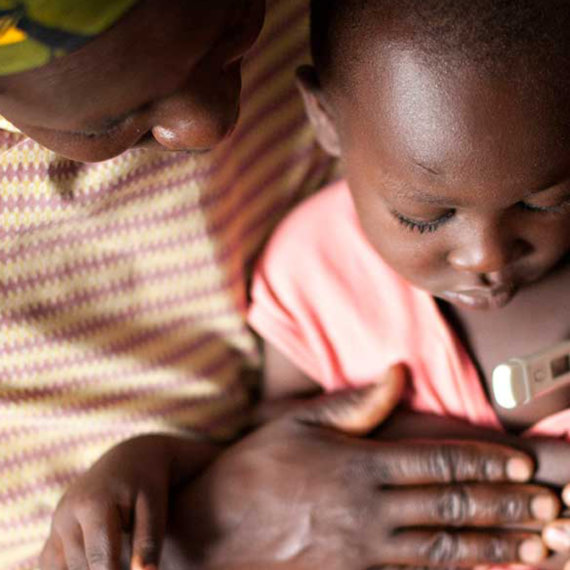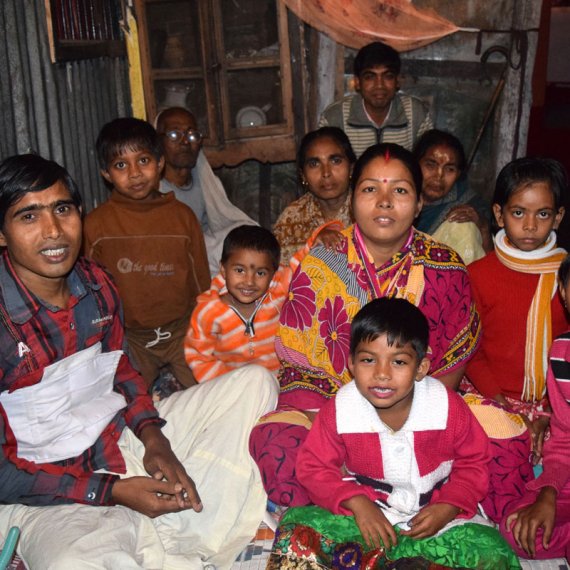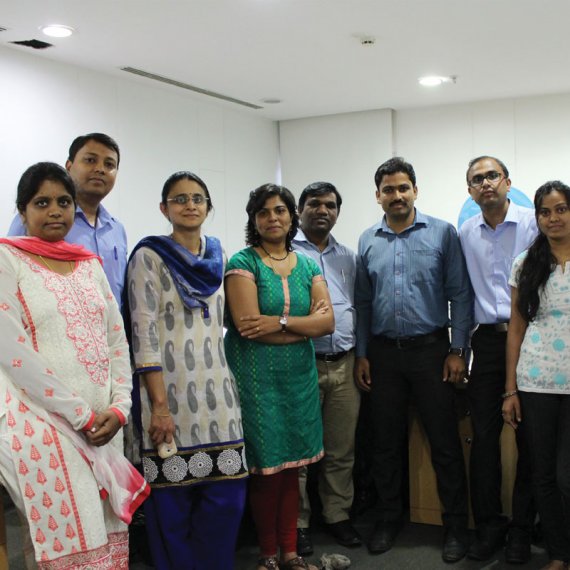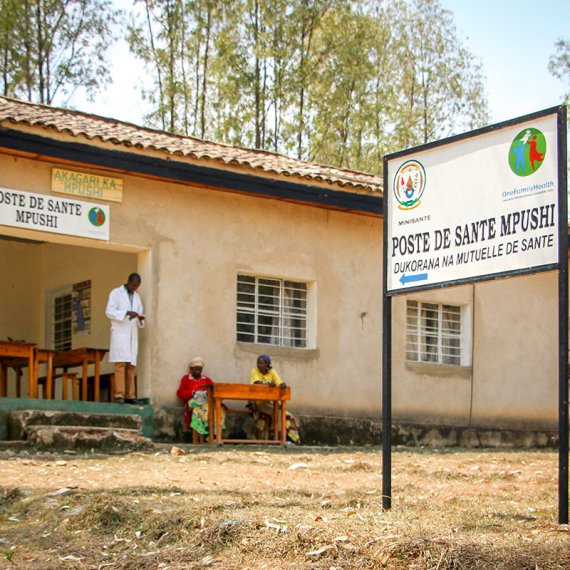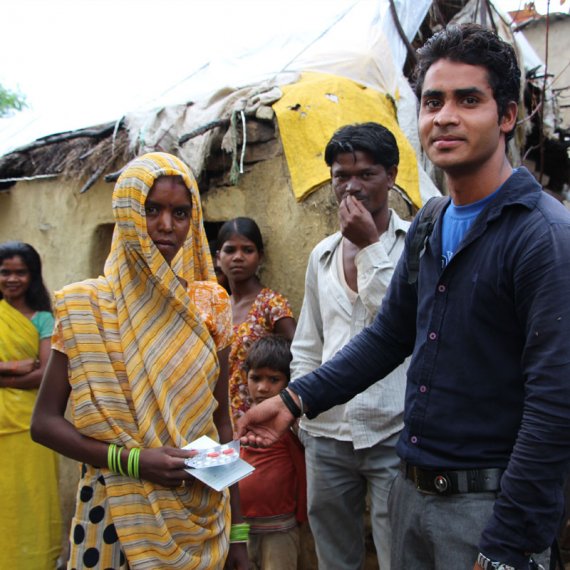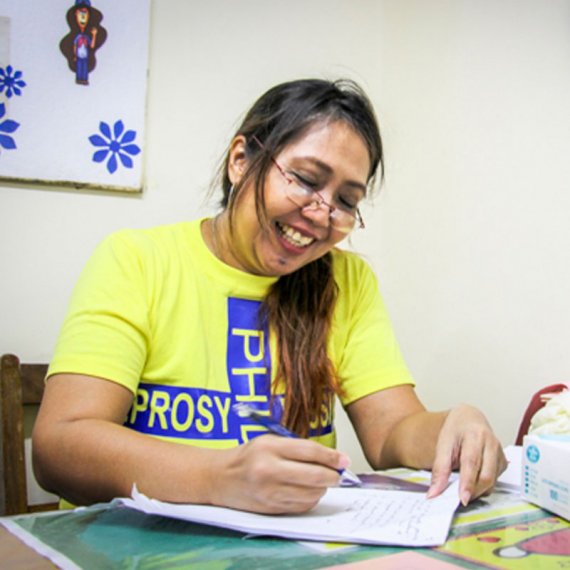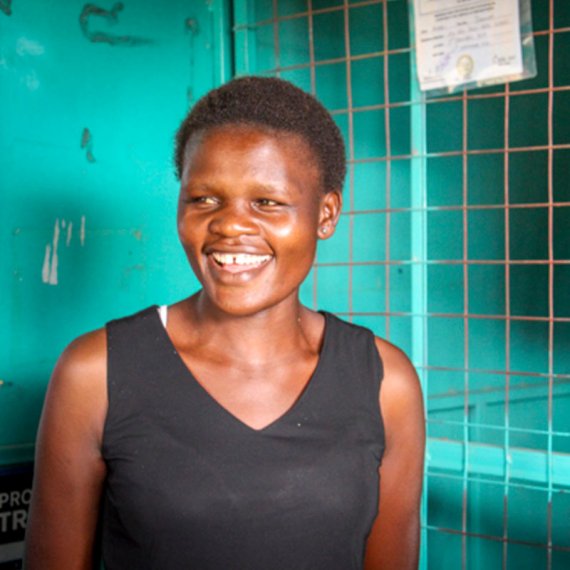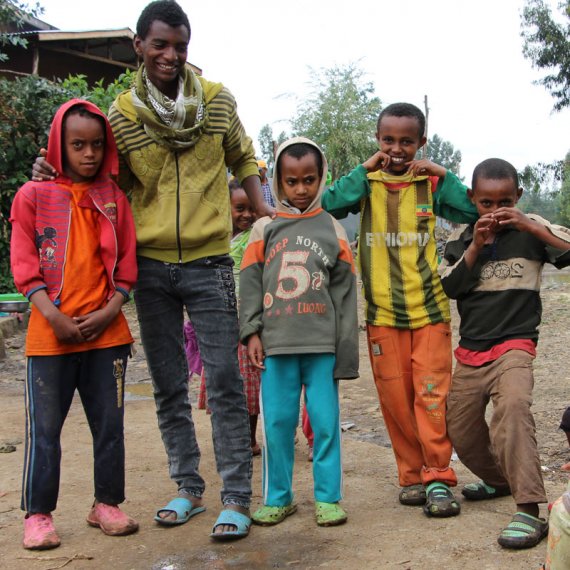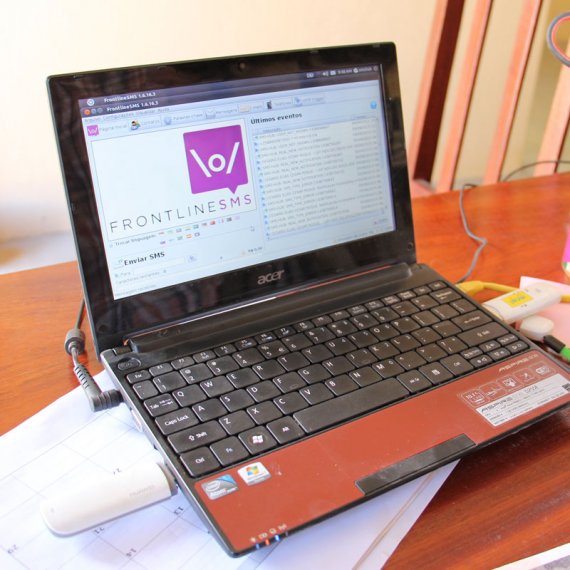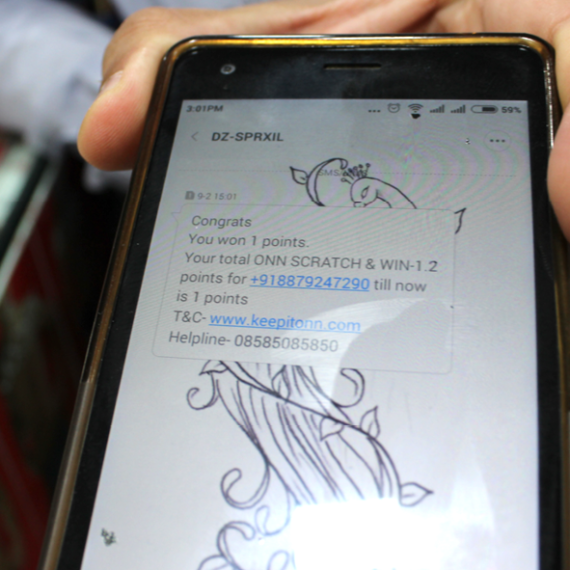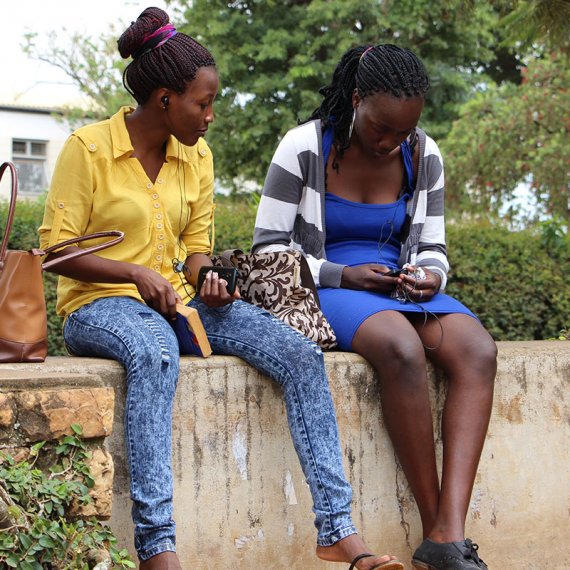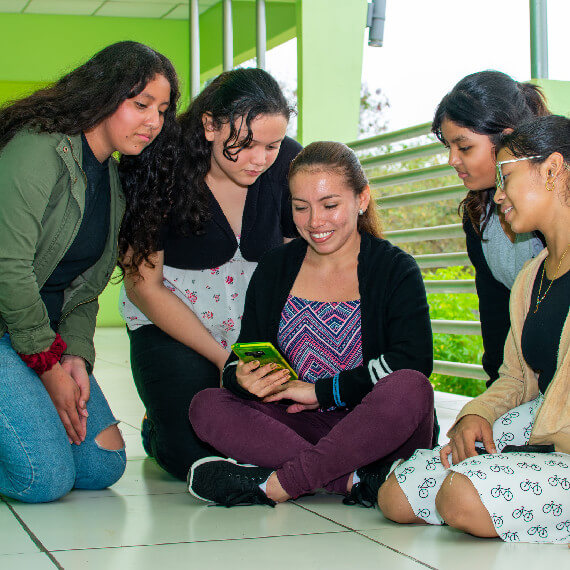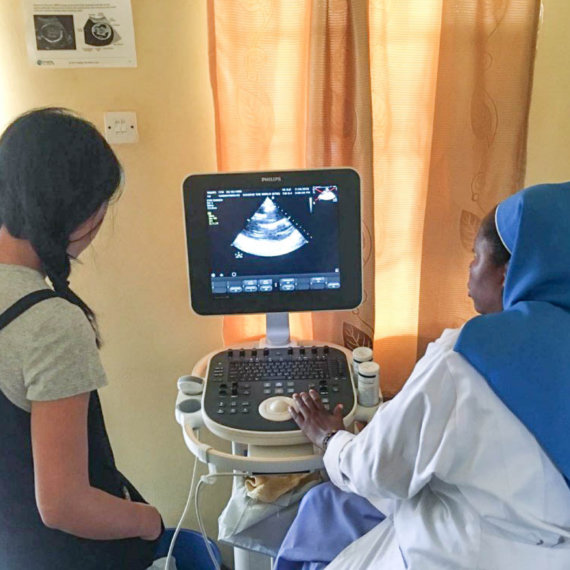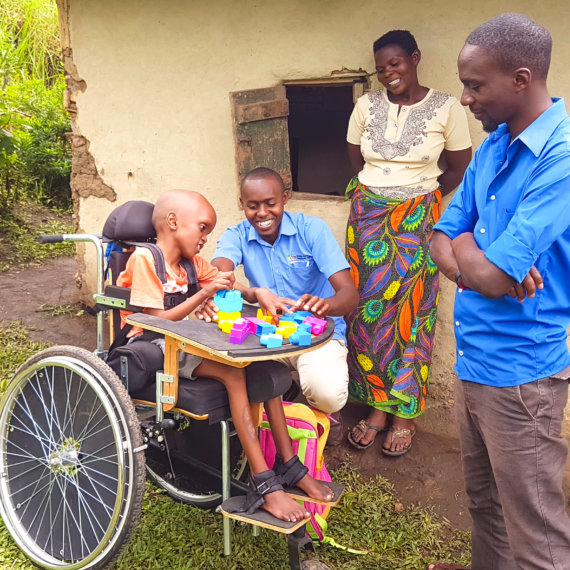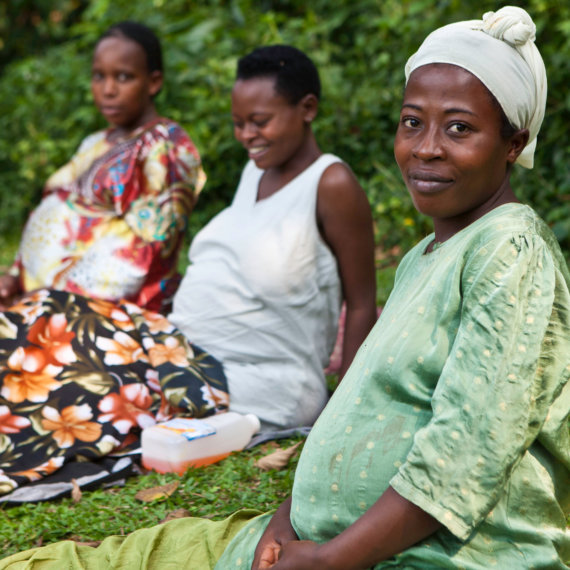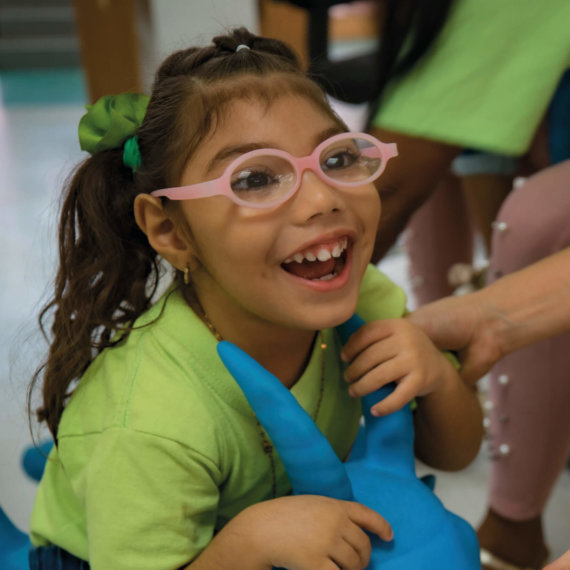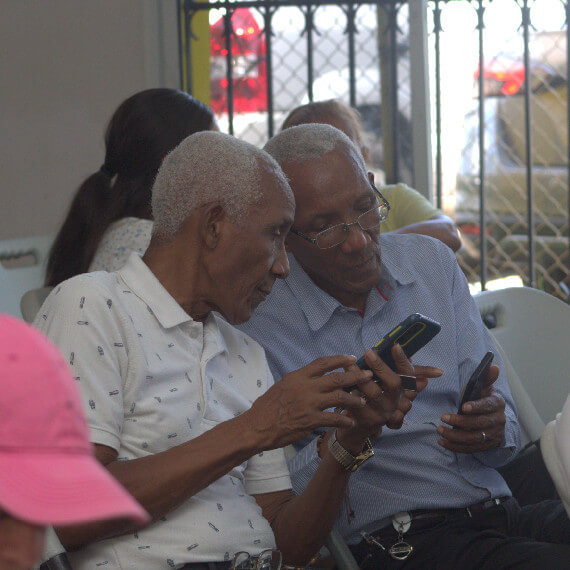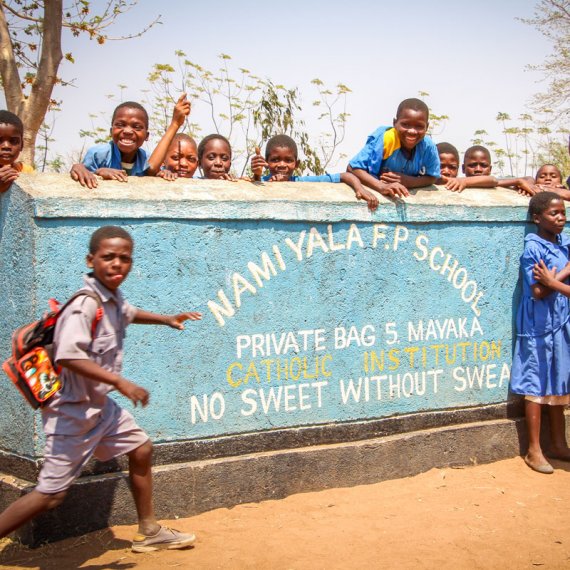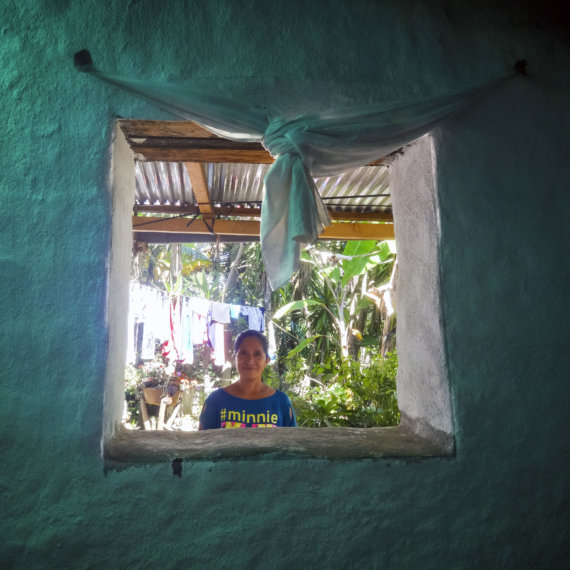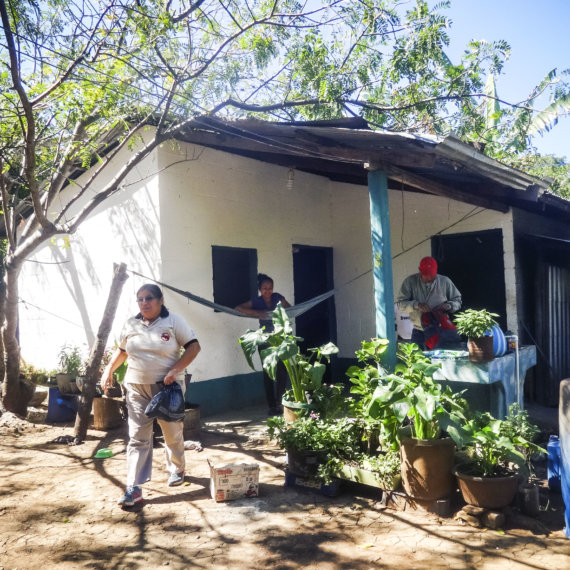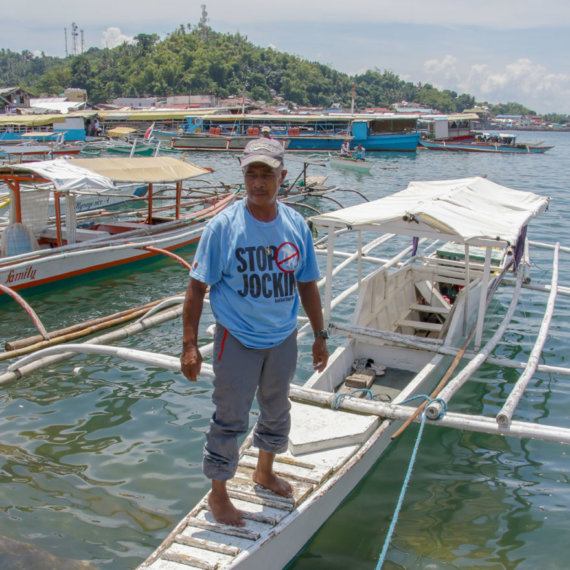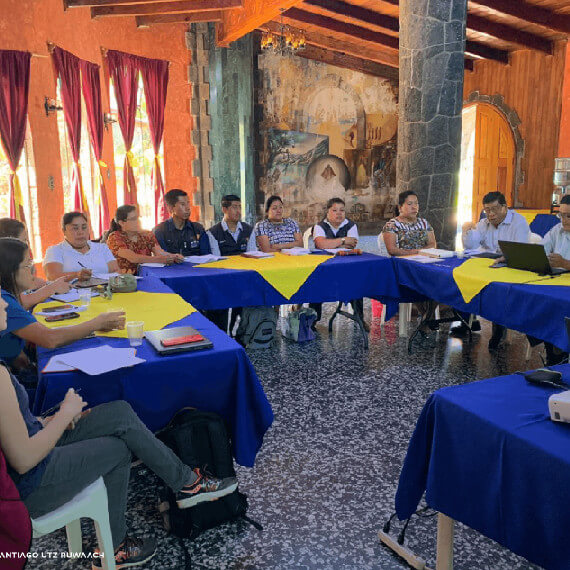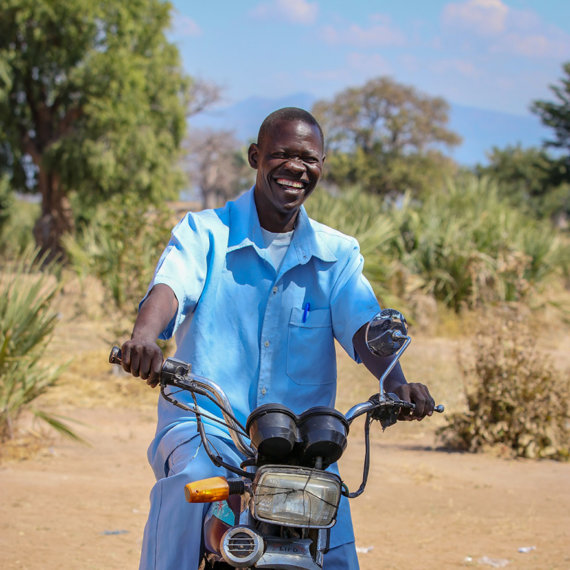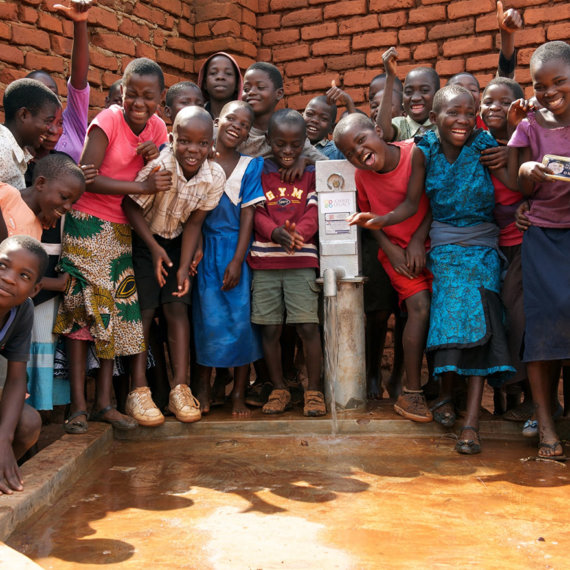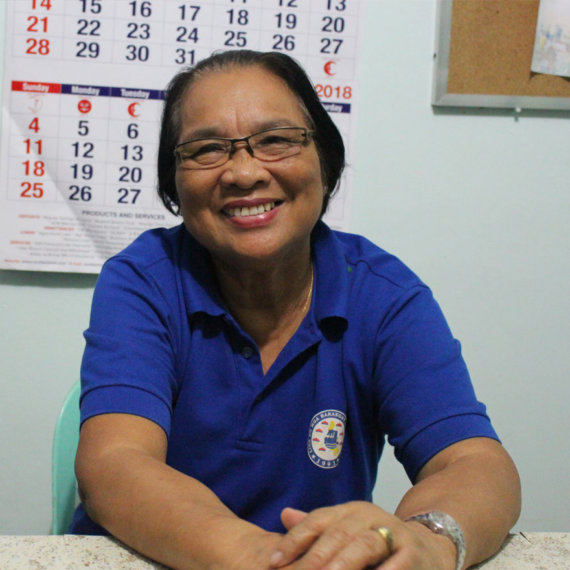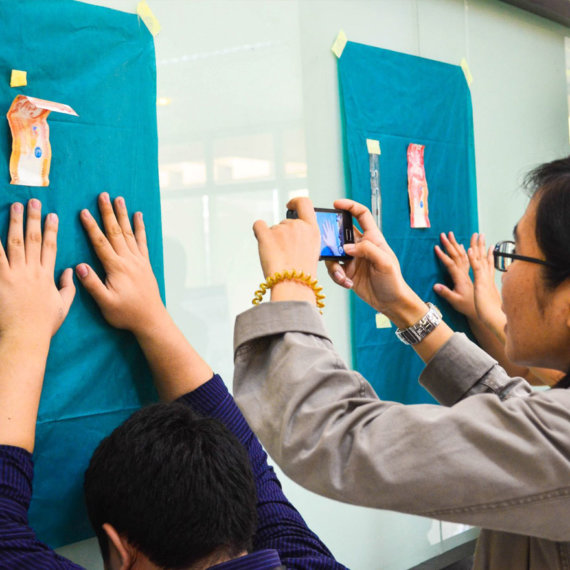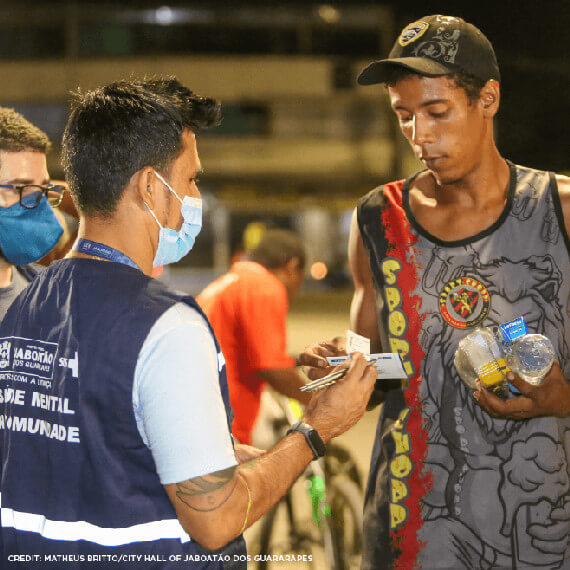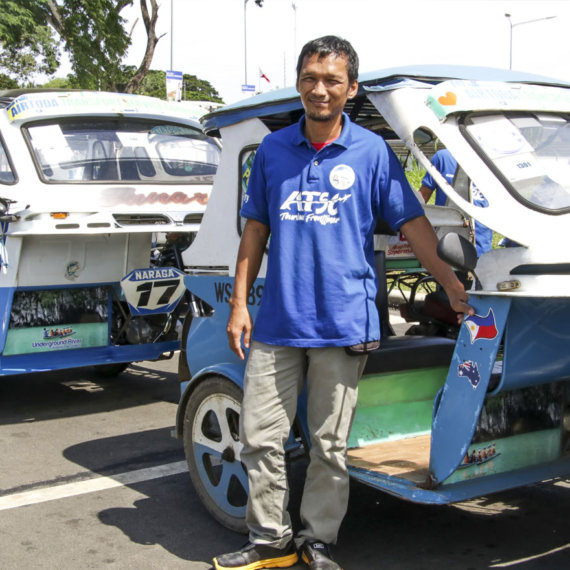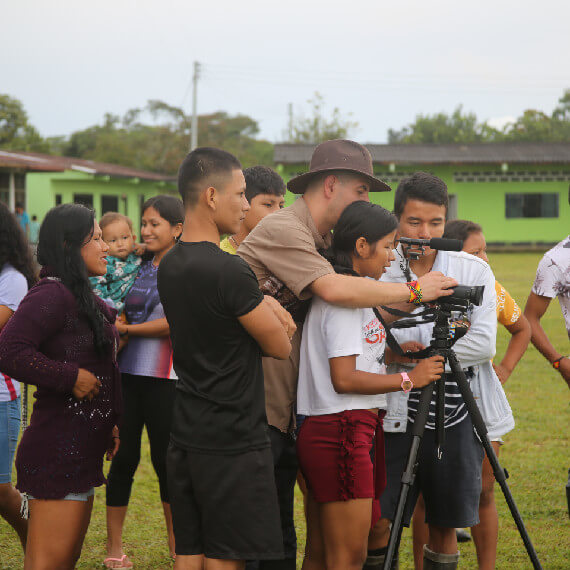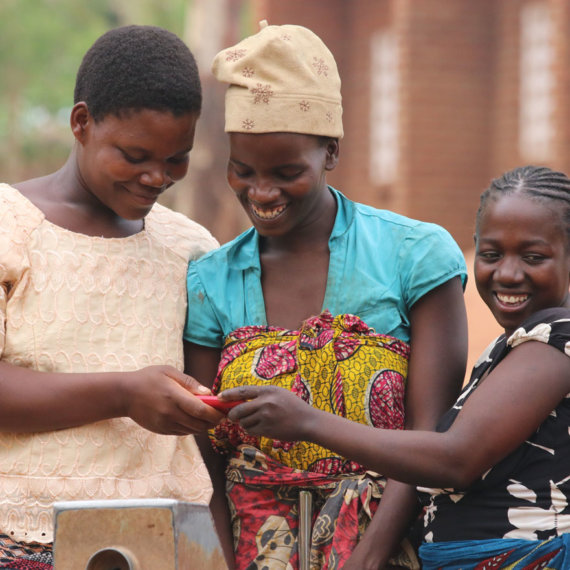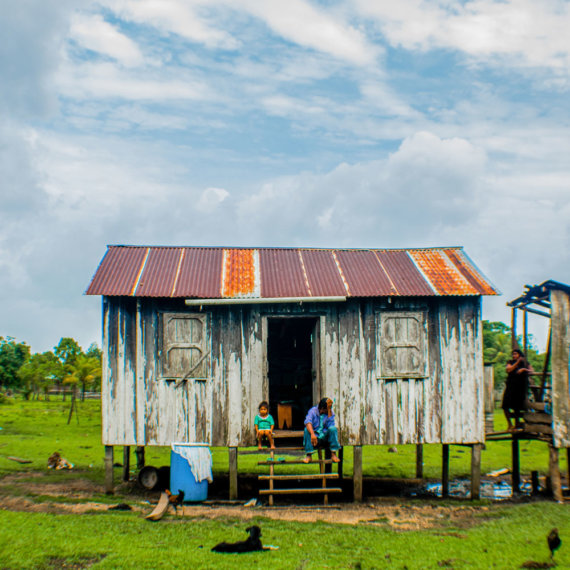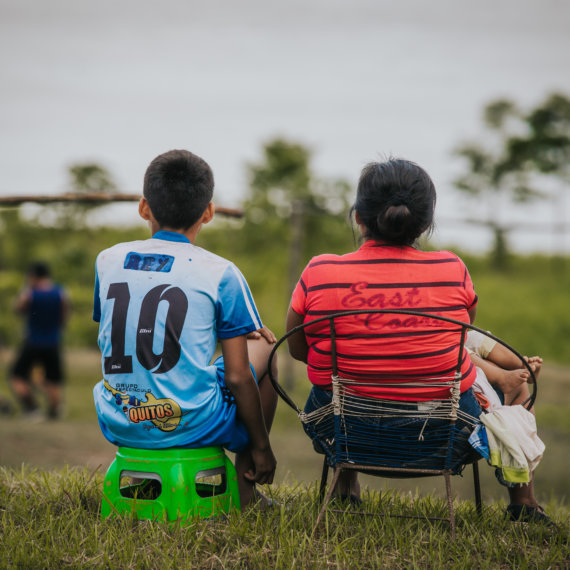SPROXIL
Sproxil has combined a unique labelling system with digital technology to identify counterfeit and spurious medicines at the point of purchase, protecting more than 12 million consumers in the Global South.
CONTINENT
Asia
Country
India
Organizational structure
For-profit company
Health focus
General, Malaria
Areas of interest
Digital technology
Health system focus
Medical products and technologies
CHALLENGES
Substandard, spurious, falsely labelled, falsified and counterfeit (SSFFC) medical products—which include medicines, vaccines and diagnostics—pose a major public health risk. Not only can they harm patients, but can undermine confidence in medical products, health-care providers and health systems as well as exacerbate drug resistant strains of infectious diseases (World Health Organization, 2016a). On average, 10% of the drugs worldwide and 25% of the drugs in less developed countries are estimated to be counterfeit (Chika et al., 2011). The most common counterfeit drugs are those for infectious diseases, such as tuberculosis and malaria. Counterfeit antimalarial and antituberculosis drugs are blamed for up to 700,000 deaths annually across the globe.
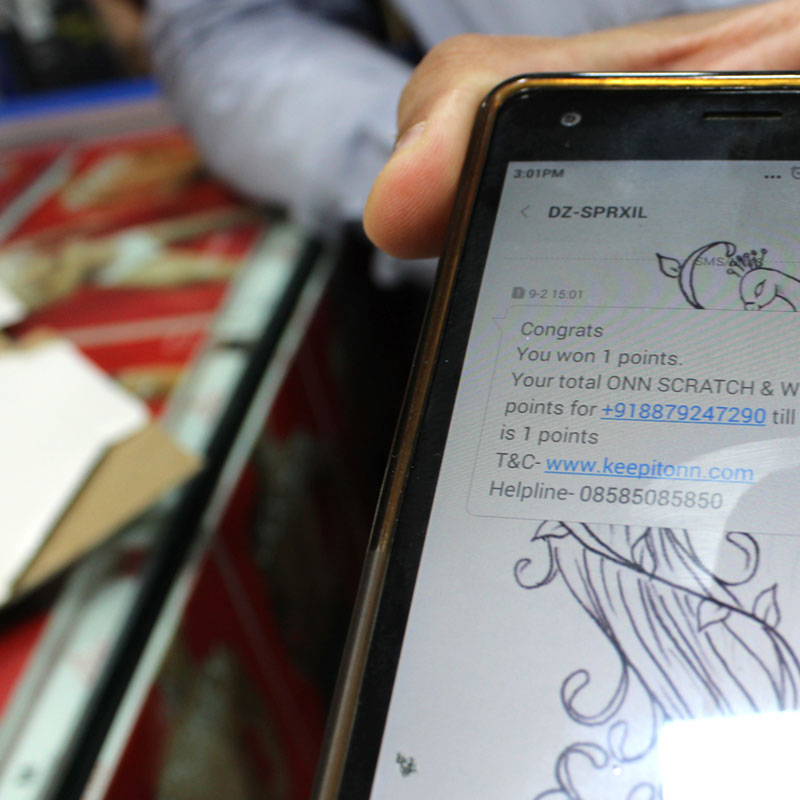
“We looked at overseas markets where counterfeiting is something that’s top of the mind of people visiting a pharmacy, particularly in Nigeria because over 80 infants had died from teething syrup that was tainted with anti-freeze around 2008.”
– Ashifi Gogo, Founder, Sproxil
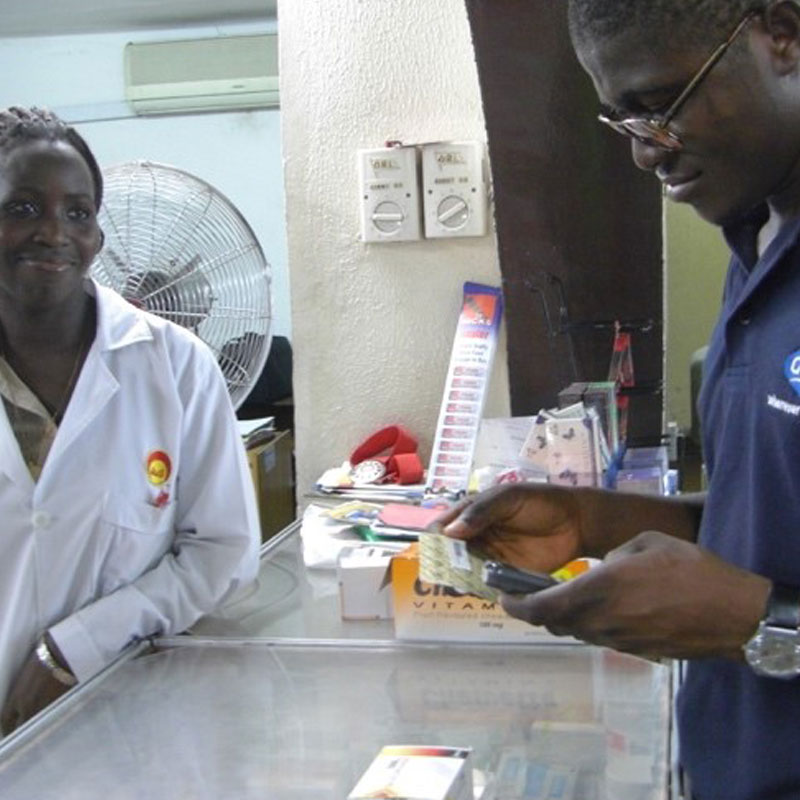
INTERVENTION
Sproxil, Inc (Sproxil) has developed a technology-based solution for counterfeit medication that combines mobile phone use with simple low-cost product labels. Mobile Product Authentication™ (MPA) empowers individual consumers to validate the authenticity of the medication they are about to purchase. Consumers locate a label on the medication package, which when scratched reveals a unique PIN code. Consumers then verify the code for free via a text/call. If the code is fraudulent, consumers are connected with a help line that collects further information and facilitates follow-up from local authorities responsible for tracking and eliminating counterfeit activities. While the customer interface is simple—eliminating the requirement of expensive equipment or complicated training, and accommodating the needs of most people in low-resource settings—the accompanying back-end data analysis and business model is sophisticated.
The back-end analysis allows for the derivation of data-driven insights on counterfeit activities as well as consumer patterns. The business model uses this data to attract stakeholders who have the power to reduce counterfeiting, such as manufacturers of legitimate pharmaceuticals and governmental regulators. By collaborating with drug manufacturers whose market presence is endangered by counterfeit products, Sproxil helps protect manufacturers’ brands and subsequently their profits. Government authorities can use the data acquired through Sproxil’s solution to identify sources of counterfeit medical products and bring perpetrators to justice. In general, the manufacturers cover the cost of the service; it is free for the consumer.
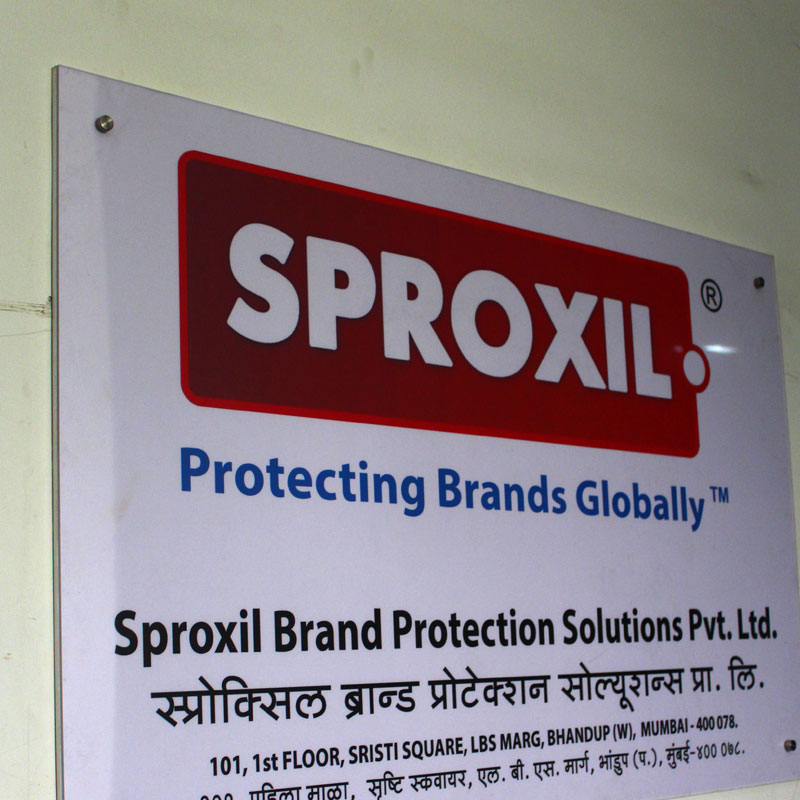
“We’ll be tagged in a Twitter update that has a picture of a medicine… in Nigeria saying: ‘we’ve just bought prenatal vitamins, and they were Sproxil protected…thank you’”
– Jennifer Campos, Service Innovation Manager, Sproxil
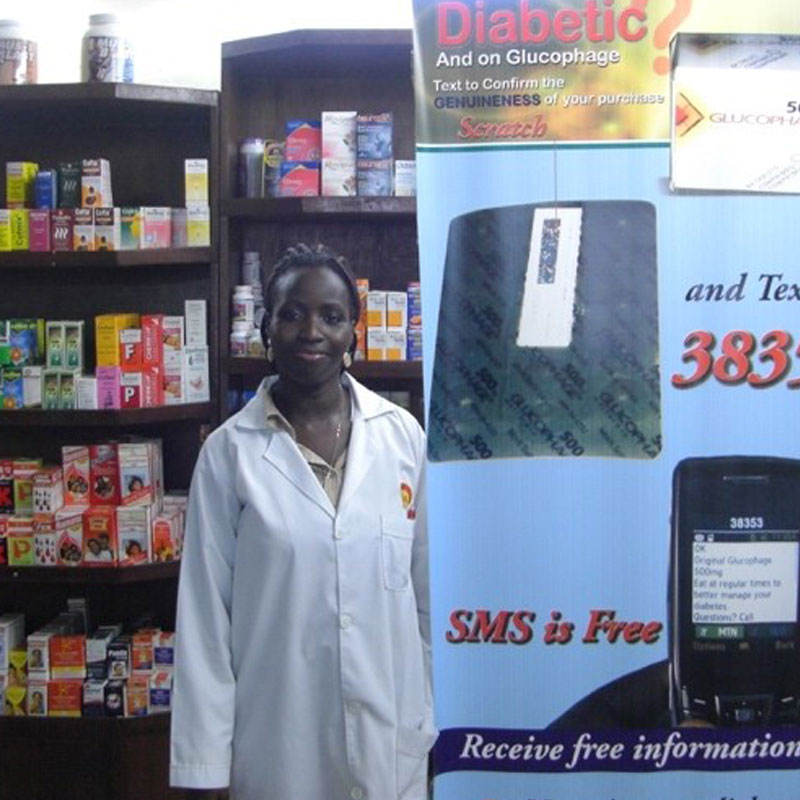
CASE INSIGHTS
Since its creation in 2009, Sproxil has implemented its solution in multiple countries including Nigeria, Kenya, Ghana, India and Pakistan; and to diverse industries including agrochemicals and fast moving consumer goods. This quickly scalable model has allowed the young company not only to turn profitable in five years, but also to access markets in need of solutions to drug counterfeit challenges. It is this symbiotic mix of business and social purpose that drives the organization towards becoming the enabler for millions of consumers worldwide to access reliable products such as medication for infectious diseases. This case study demonstrates how private, for-profit companies can play a valuable role in generating and implementing solutions to public health challenges.
“You know, while we’re a tech company, every single person here in the US office is all about the social enterprise aspect., We’re not programming these codes that protect all the products that we protect because we like programming. We do like programming, but we are doing it because we are making an impact on people’s lives around the world. We have people in our local offices in Ghana, India, Nigeria, Kenya, Pakistan, who … it’s their people, it’s their medicine that they are buying every day. It’s for their daughters and sons, their mothers and fathers, and so we’re hearing from them first-hand: “Oh yeah, you know, I went and bought this medicine and it was Sproxil-protected so I know that it is genuine and my next door neighbour went and bought one off the street and they are not getting better.” So, we’re hearing first-hand how we are making a difference.”
– Jennifer Campos, Service Innovation Manager, Sproxil
